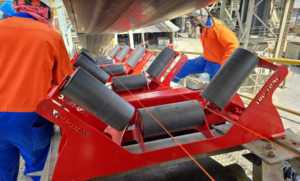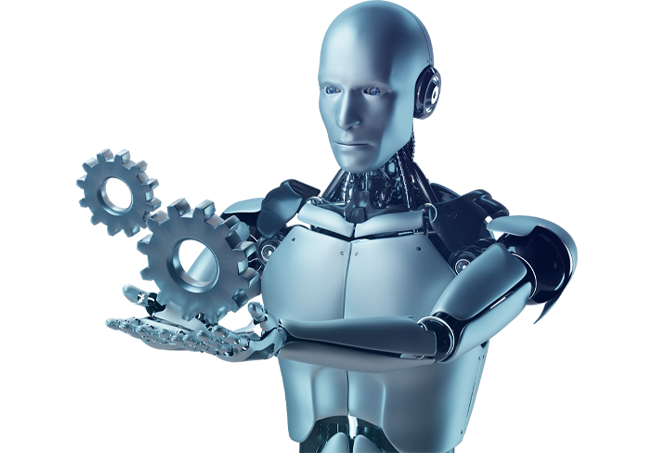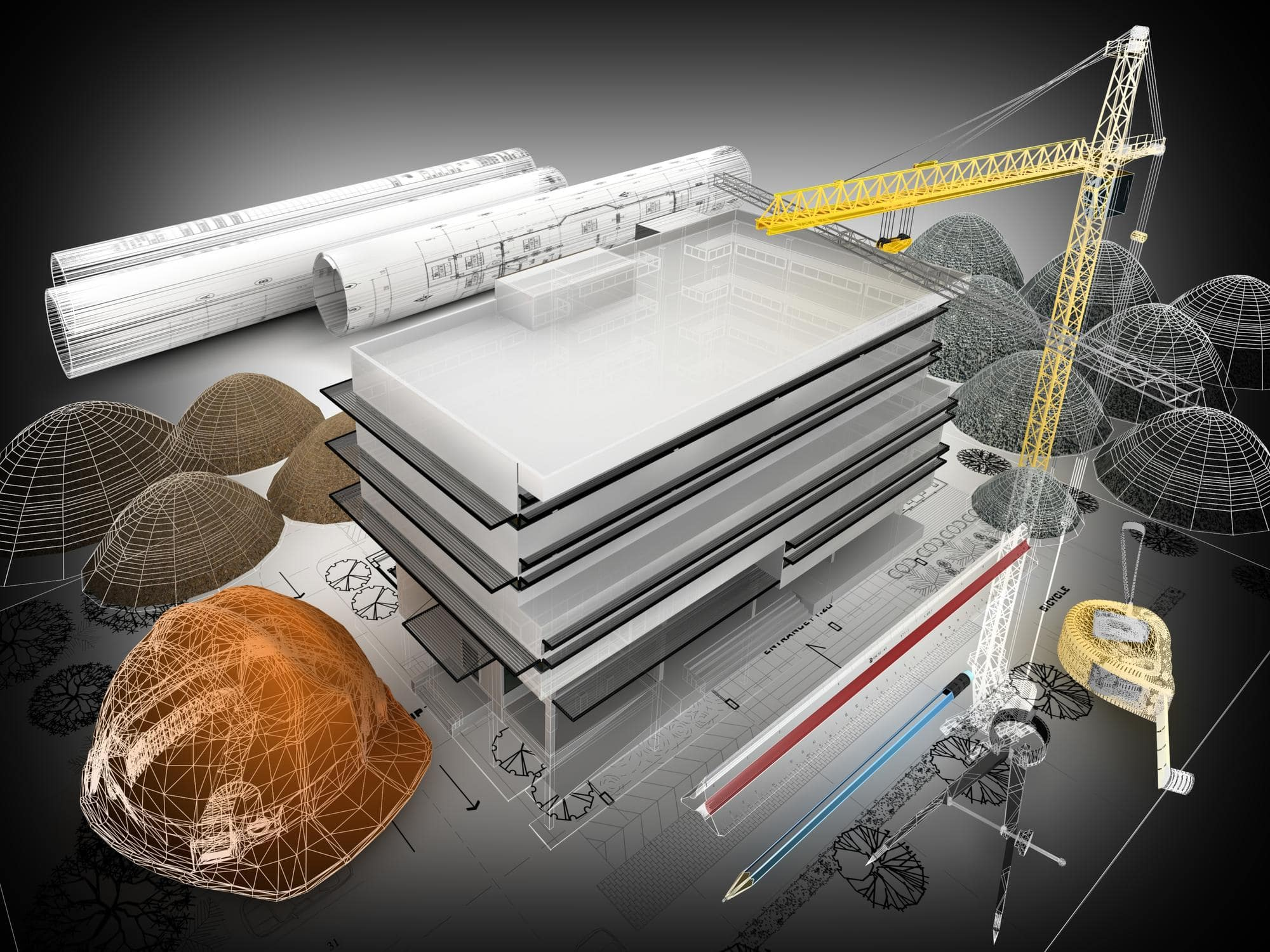August 14, 2024 – Industrial Edge Magazine
As the world continues to evolve, the fourth industrial revolution, known as Industry 4.0, is transforming the landscape of manufacturing and industrial operations. This revolution is characterized by the integration of advanced technologies such as the Internet of Things (IoT), artificial intelligence (AI), big data analytics, and cyber-physical systems into traditional manufacturing processes. Industry 4.0 is not just a trend; it’s a paradigm shift that promises to redefine productivity, efficiency, and innovation across various sectors.
The Pillars of Industry 4.0
At its core, Industry 4.0 leverages several key technologies to create smart factories and connected enterprises:
- IoT and Connectivity: The Internet of Things enables machines, devices, and systems to communicate with each other in real time. This connectivity allows for seamless data exchange, resulting in improved coordination and decision-making.
- Artificial Intelligence and Machine Learning: AI and machine learning algorithms can analyze vast amounts of data to identify patterns, optimize processes, and predict maintenance needs. This leads to reduced downtime and increased operational efficiency.
- Big Data Analytics: With the explosion of data generated by connected devices, big data analytics tools are essential for extracting valuable insights. These insights help businesses make informed decisions, enhance product quality, and streamline supply chains.
- Cyber-Physical Systems: These systems integrate physical processes with digital technologies, creating a symbiotic relationship between the real and virtual worlds. This integration allows for more precise control and monitoring of industrial processes.
Transforming Manufacturing
Industry 4.0 is revolutionizing manufacturing by enabling smart factories where machines and systems are interconnected, autonomous, and capable of self-optimization. Here are some of the key benefits:
- Enhanced Productivity: Automation and real-time data analysis lead to more efficient production processes, reducing waste and increasing output.
- Improved Quality Control: Advanced sensors and AI-driven quality assurance systems can detect defects and anomalies with unprecedented accuracy, ensuring higher product quality.
- Predictive Maintenance: By analyzing machine data, manufacturers can predict when equipment is likely to fail and perform maintenance before a breakdown occurs. This proactive approach minimizes downtime and extends the lifespan of machinery.
- Customization and Flexibility: Industry 4.0 allows for greater flexibility in production, enabling manufacturers to quickly adapt to changing customer demands and produce customized products without significant retooling.
Beyond Manufacturing
While Industry 4.0 is primarily associated with manufacturing, its principles and technologies are being adopted across various sectors:
- Healthcare: Smart medical devices, telemedicine, and AI-driven diagnostics are transforming patient care and operational efficiency in healthcare.
- Energy: IoT and AI are optimizing energy consumption, integrating renewable energy sources, and enhancing grid management.
- Logistics: Autonomous vehicles, drones, and real-time tracking systems are revolutionizing supply chain management and last-mile delivery.
- Retail: Personalized shopping experiences, inventory management, and predictive analytics are reshaping the retail landscape.
Challenges and Opportunities
Despite the immense potential of Industry 4.0, there are challenges to overcome:
- Data Security: With increased connectivity comes the risk of cyber-attacks. Ensuring robust cybersecurity measures is critical to protect sensitive data and maintain operational integrity.
- Skill Gap: The adoption of advanced technologies requires a workforce with new skills. Investing in training and education is essential to bridge the skill gap.
- Standardization: The lack of standardized protocols and interoperability between different systems can hinder seamless integration. Developing industry-wide standards is crucial for the widespread adoption of Industry 4.0.
Conclusion
Industry 4.0 represents a monumental shift in how industries operate, offering unprecedented opportunities for innovation and efficiency. By embracing this revolution, businesses can stay competitive, enhance their operations, and drive economic growth. As we continue to navigate this transformative era, the future of manufacturing and beyond looks brighter than ever.
For more insights and in-depth analysis on Industry 4.0 and its impact across various sectors, stay tuned to Industrial Edge Magazine.



















